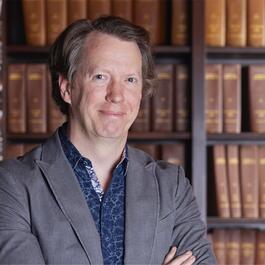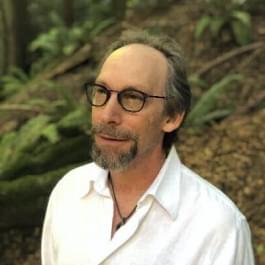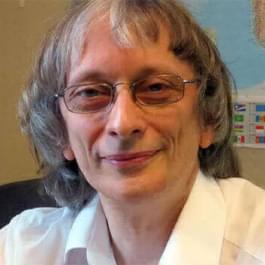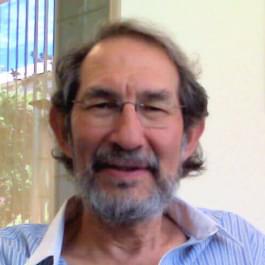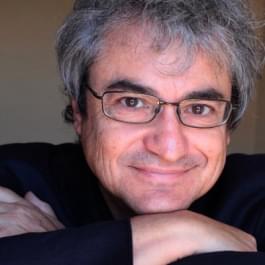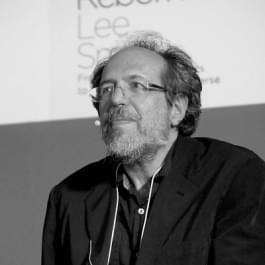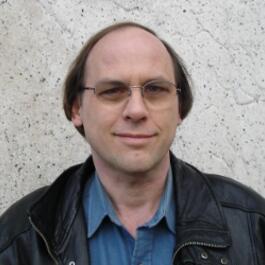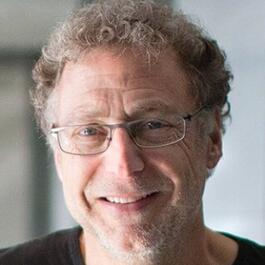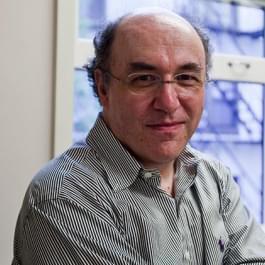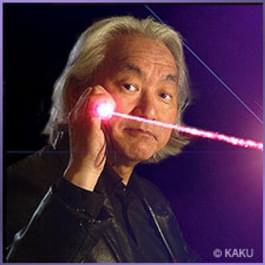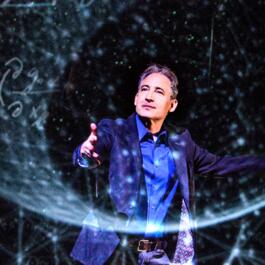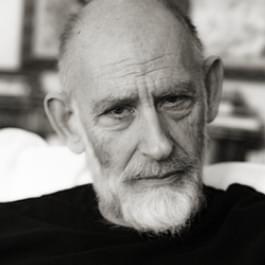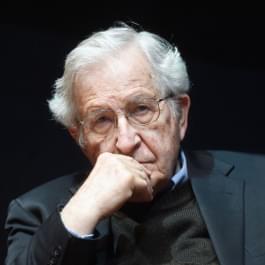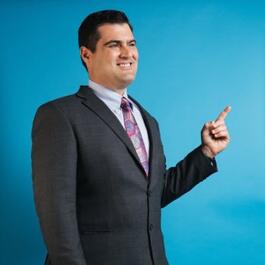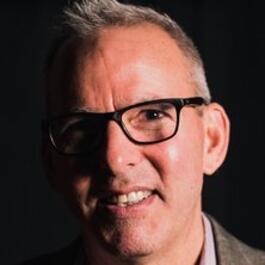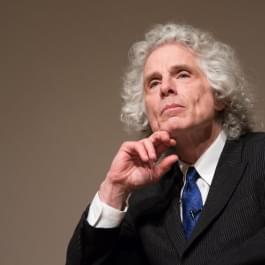Theoretical physicists
32 profilesInterviews with theoretical physicists
Based on freshness and the participants' profile rank
Stephen Wolfram: How AI Works and How to Use It to Stay Ahead | Artificial Intelligence | AI Vault
Now on Spotify Video! Most people have been using AI for decades, but only a few understand how to leverage it. After more than 40 years in the field, Stephen Wolfram has seen how breakthroughs like ChatGPT seem to emerge out of nowhere, and he believes the real power isn’t the technology itself, but learning how to th
(Rebroadcast) Noam Chomsky | Prescient Predictions? | Trump, Brazil, and American Fear
This week, I’m excited to share a special rebroadcast from the Origins Podcast archives: my original Origins Podcast conversation with Noam Chomsky. We recorded this dialog over six years ago, as an update to a conversation we’d held three years prior , before the political upheavals of Trump and Brexit. Listening back
Krauss: “DESI Is Wrong: Dark Energy Isn’t Changing”
Please join my mailing list here 👉 https://briankeating.com/list to win a meteorite 💥 Is hype culture killing science? In this episode of Into the Impossible, I welcome back physicist Lawrence Krauss for a candid conversation on hype, being wrong, and the impact of AI on the field of physics. Krauss is a theoretical
Is There a Politically Motivated ‘War on Science’? (And If So, Who’s Waging It?)
Quillette podcast host Jonathan Kay speaks with theoretical physicist and cosmologist Lawrence Krauss about his latest book project, in which renowned scholars speak out about threats to open inquiry and the scientific process. Learn more about your ad choices. Visit megaphone.fm/adchoices
Getting along in society requires that we mostly adhere to certainly shared norms and customs. Often it's not enough that we all know what the rules are, but also that everyone else knows the rules, and that they know that we know the rules, and so on. Philosophers and game theorists refer to this as common knowledge.
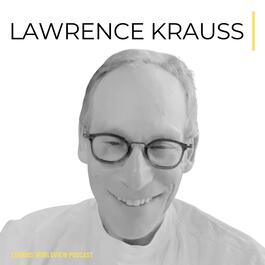
Lawrence Krauss | 'The Universe Doesn’t Care About Us... And That’s Beautiful' - Reflections On Christopher Hitchens, Physics & The Universe
Theoretical physicist and bestselling author Lawrence Krauss (A Universe from Nothing, The Known Unknowns) explores the biggest questions we can ask: How did the universe begin? Why is there something rather than nothing? What is consciousness? And what will remain when every star has burned out? Krauss moves seamlessl
